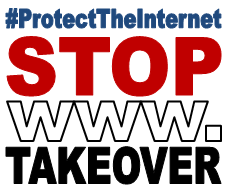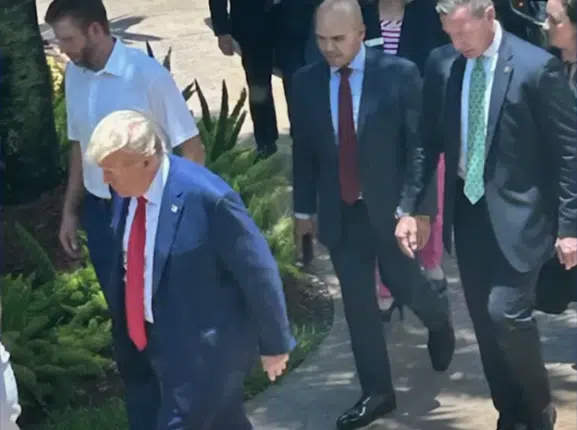By Rick Manning

Now, the House is set to undermine this vote by authorizing the Internet giveaway via H.R. 805, “The Dotcom Act” — just as soon as, quoting the bill itself, “the Comptroller General of the United States submits [a] report… on the role of the NTIA with respect to the Internet domain name system.”
That’s it. The U.S. government after nearly 20 years of oversight of the domain name system that has ensured a free and open Internet with First Amendment protections will just up and give it away this invaluable government property for little more than a book report. Sure, the Dotcom Act requires certain nominal certifications be made in the report, such as analysis and discussion of “the advantages and disadvantages of relinquishment of the responsibility of the NTIA over Internet domain name system functions,” but those certifications are not a difficult hurdle to comply with, and will do nothing to stop the transition.
That is, if the administration even complies with the weak reporting requirement. Consider that in the omnibus, Congress already required NTIA to submit a report due January 30 “regarding any recourse that would be available to the United States if the decision is made to transition to a new contract and any subsequent decisions made following such transfer of Internet governance are deleterious to the United States.”
In response, NTIA told Congress that “Our preliminary answer is that the criteria for the plan that NTIA established in its March 2014 announcement will ensure an outcome that is not ‘deleterious’ to the United States.”
NTIA continued, “Nonetheless, NTIA understands the concerns of Congress in this regard and will regularly revisit this question during the planning process and when evaluating the ultimate ICANN-submitted proposal to ensure that the final plan is not deleterious to the interests of the United States and its Internet stakeholders.”
NTIA’s response underscores the weakness of using easy-to-copy-and-paste reporting requirements in place of real oversight and using the congressional power of the purse to block the transition. The Dotcom Act could easily be amended to affirm Congress’ power to have a say in any transition, for example, via its Article IV constitutional “power to dispose of … property belonging to the United States.” Instead, the House is set to vote on the Dotcom Act on suspension of the rules, and will not allow for any amendments to fix it.
A bill as controversial as the Dotcom Act should be brought up under normal order and allow for other members to have a say in its language. We urge the House to defeat this flawed legislation.
Rick Manning is the President of Americans for Limited Government.







